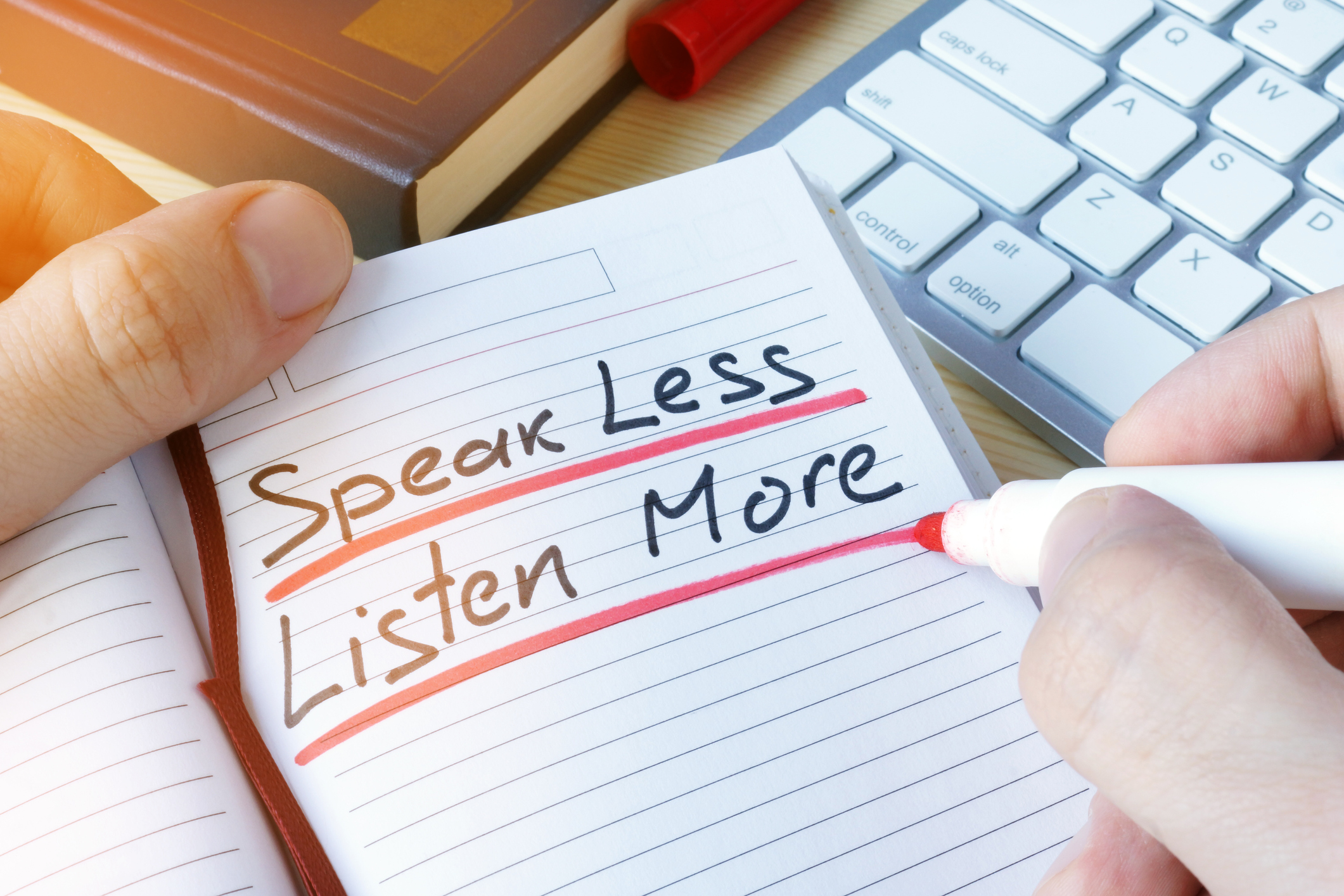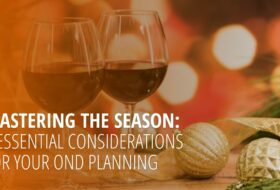Good sales people know that to sell, it’s more than a good presentation on our product. Great sales people know selling requires active listening.
We need to stop talking at our customer (pure presentation/monolog) and create a dialog to talk with our customer. This builds relationships by creating engagement and trust. But we can’t have a conversation without asking open-ended questions to understand more about our customer.
When we engage with our customers, we learn about their lives, the things they like to do, eat, drink…By asking questions, we can start to better understand their needs and start weaving the conversation towards wines that fit their lifestyle perfectly!
Research shows that we interact with many different types of wine buyers. To simplify, we put these wine buyer profiles into five main types of wine buyers. Each one of these groups has different psychological needs – and when these needs are met, they are ready and happy to buy.
The Newbie, who doesn’t know where to begin, but can be loyal when we take the time to build their wine knowledge and confidence.
The Advice Seeker, not necessarily new to wine, but feels better when they can ask a friend. We are the friend, the wine experts, and provide a valuable service to this buyer type, which is rewarded with wine sales, memberships, and ongoing experiences.
The Value Buyer, who comes in two ‘flavors.’ Focus could be on the lowest price wines in our portfolio or it could be a special sale or significant savings on our highest priced wines. Either way they are looking for a “deal.” All too often, we rush right to discounts for all guests, when in reality, it is just a small portion of our guests.
The Ratings Junkie, who live by the scores! They have no problem buying a case of wine, even if they don’t personally like it, just because someone else told them it was good, someone that they are supposed to / and others clearly respect. So, we give them the ‘someone’ to help them buy our wines.
The Know- It-All, whom we can see a mile away. It’s not hard to figure out this buyer type, because they tell you right up front, they know everything there is to know about wine, the region, and even our brands. Play to their ego, and they’ll buy.
Each has their own motivations, desires, and appeal points. Figure out these and we can sell a lot of wine and memberships.
And for some brands, there is another element to buyer types. As our experiences grow in sophistication, and our wines rival the best of those abroad, we are attracting more and more of a new guest type – The Luxury Guest. Just as each of the other types of buyers have their own unique needs, so too does this group.
Luxury
/ˈləkSH(ə)rē/
Noun
There is an emerging mindset of the new ‘luxury guest’, according to the research done by Experian’s Marketing Services Audience View. We know they are interested in the arts, they are trendy, and like to make a statement. Influencers provide a service, especially when it comes to high quality goods and services, because they too like to make a statement. Finally, we are finding that as long as we don’t blow it, they are very brand loyal.
How do we define luxury? According to Merriam-Webster, luxury is defined as a condition of abundance or great ease and comfort: sumptuous environment, something adding to pleasure or comfort but not absolutely necessary, an indulgence in something that provides pleasure, satisfaction, or ease.
Isadore Sharp, Founder, Chairman, and CEO of the Four Seasons notes: “Luxury, by definition, means something that appears to be the best of whatever it represents. It’s a word that raises people’s expectations…You pay for recognition, but probably the most important thing it represents is delivery on the promise of the brand’s name.”
If wine is considered a luxury item, if our brand experience is a luxury, then we’ll need to be ready and able to sell to these luxury buyers. After all, according to Bain Capital, “luxury shoppers under 40 are expected to account for more than 60% of luxury purchases this year, and more than 70% by 2024.” These guests are looking for new brands to experience, and we have to show them we are listening, and we value their loyalty. This starts with open ended questions, active listening, and tailored experiences based on the information gathered. It’s important that we don’t make assumptions about people. And these luxury guests don’t want to do all the heavy lifting, so we need to be taking leadership of the conversation. Besides, it’s easier to make sales when you are in control of the situation.
Listening is the first big step towards showing our Luxury guest (or any guest for that matter) that we value them. What other ideas do you have to show your guest you value their loyalty?




